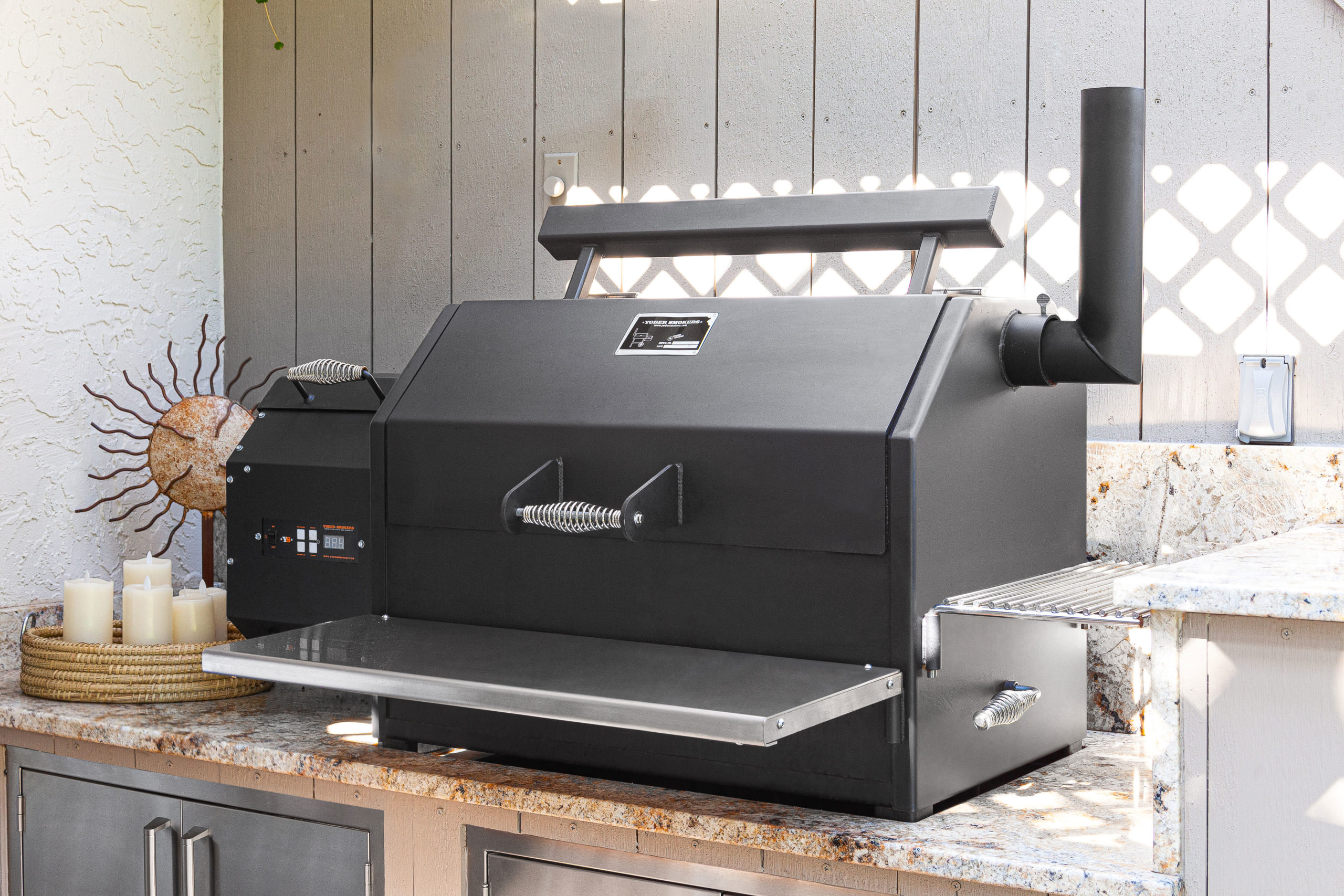The Hornet Dating App: Connecting LGBTQ+ Individuals Worldwide
Online dating has been a game-changer in the world of romance, and the Hornet dating app has become one of the most popular platforms for LGBTQ+ individuals to find love, make new friends, and connect with like-minded people from all over the world. With more than 25 million users globally, Hornet is a social network that caters specifically to the queer community, providing a safe and inclusive space for gay, bi, trans, and queer individuals to meet and interact.
Features of the Hornet Dating App
One of the standout features of the Hornet app is its emphasis on community-building. The app allows users to create profiles that highlight their interests, hobbies, and preferences, as well as photos and videos. Users can also connect with others by joining groups based on shared interests, such as travel or fitness, or by using the app's Discover feature to search for other users based on location, age, or other criteria.
In addition to its social features, Hornet also offers a range of tools and resources designed to support the LGBTQ+ community. For example, the app has a health section that provides information on sexual health and HIV prevention, as well as articles on mental health and wellness. Users can also connect with local LGBTQ+ organizations and events through the app's Community section.
The Importance of LGBTQ+ Dating Apps
The rise of dating apps has been particularly significant for the LGBTQ+ community, which has historically faced discrimination and marginalization in mainstream dating spaces. By providing a dedicated platform for queer individuals to connect with one another, dating apps like Hornet help to create a sense of community and belonging that can be difficult to find elsewhere. These apps also offer a level of safety and security that can be crucial for LGBTQ+ individuals who may face harassment or violence in other contexts.
Moreover, dating apps have helped to break down geographical barriers, allowing people from different parts of the world to connect and form meaningful relationships. For LGBTQ+ individuals in countries where homosexuality is illegal or stigmatized, dating apps can provide a lifeline to others who share their identity and experiences. In this sense, these apps play an important role in advancing LGBTQ+ rights and visibility globally.
Challenges Facing LGBTQ+ Dating Apps
Despite their many benefits, dating apps like Hornet also face a number of challenges when it comes to creating safe and inclusive spaces for LGBTQ+ individuals. One of the biggest issues is the prevalence of discrimination and harassment on these platforms. Many users report experiencing homophobic or transphobic comments, as well as racism and other forms of bigotry.
To address these issues, dating apps have implemented various measures to improve safety and reduce harassment. For example, Hornet has a reporting system that allows users to flag inappropriate behavior, as well as a moderation team that reviews reported content for violations of community guidelines.
Another challenge facing dating apps is the potential for them to reinforce harmful stereotypes or create unrealistic expectations about relationships. Some critics argue that these apps encourage shallow or superficial judgments based on appearance, rather than deeper connections based on shared values or interests. Others point out that dating apps can perpetuate harmful norms around masculinity or femininity, particularly in the context of gay male culture.
The Future of LGBTQ+ Dating Apps
Despite these challenges, dating apps like Hornet are likely to continue playing an important role in the lives of LGBTQ+ individuals worldwide. As technology continues to evolve and more people turn to online platforms for socializing and dating, these apps will be instrumental in creating spaces where queer individuals can connect with others who share their experiences and identities.
Moreover, there is an increasing focus on creating more inclusive and mindful dating spaces that prioritize diversity and respect for all individuals. Some startups are experimenting with new approaches to matchmaking that go beyond traditional swiping or matching algorithms, while others are exploring ways to integrate social justice and activism into their platforms.
Ultimately, the future of LGBTQ+ dating apps will depend on their ability to adapt to changing cultural norms and user needs while staying true to their mission of creating safe and supportive spaces for queer individuals around the world.

